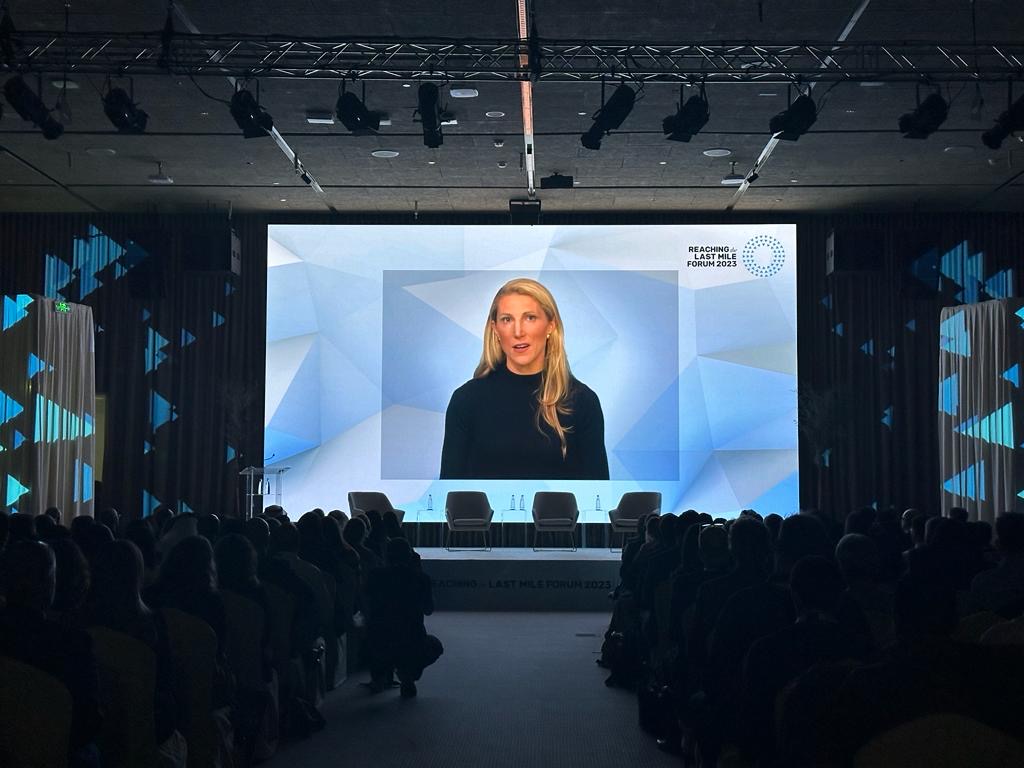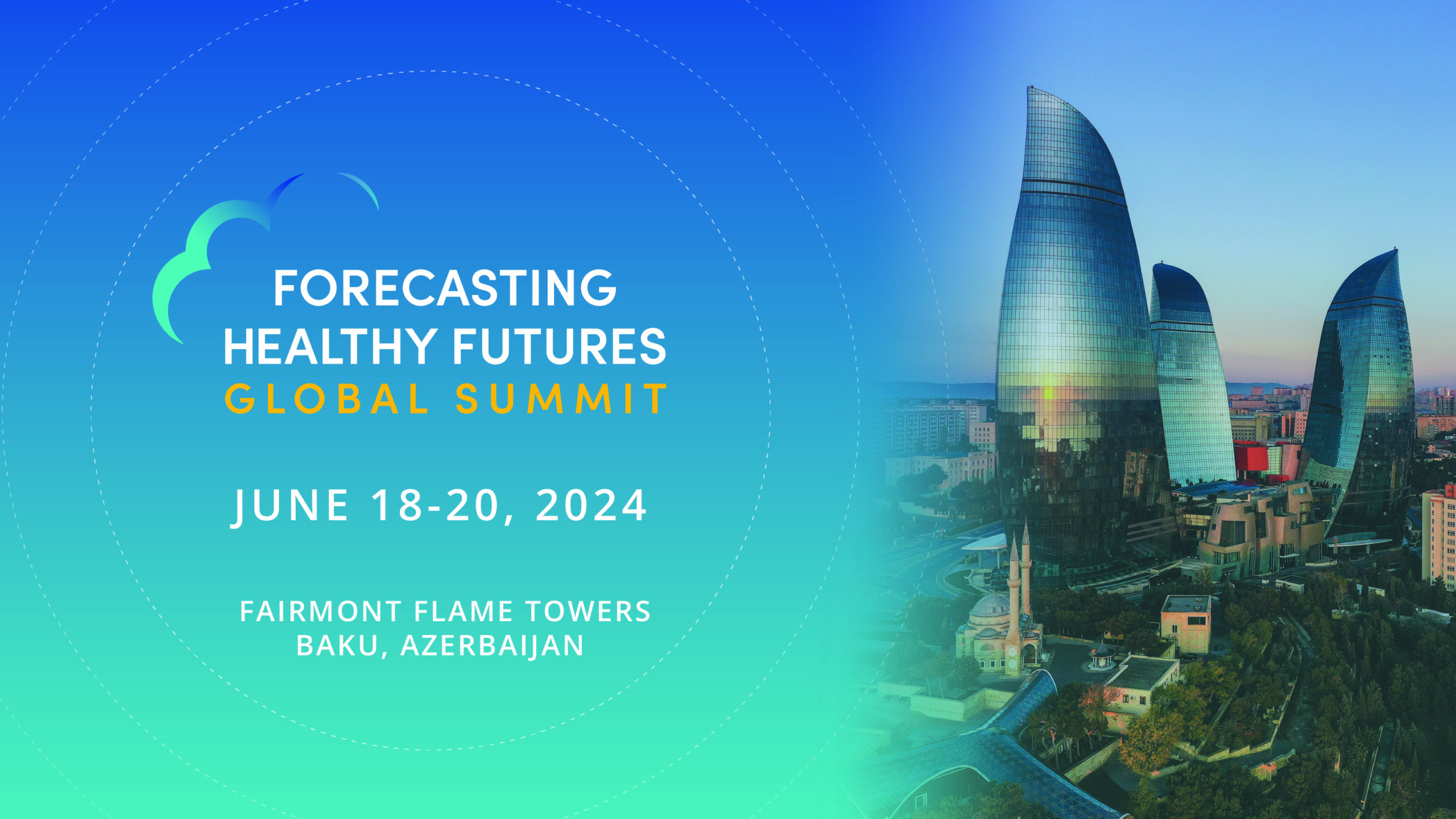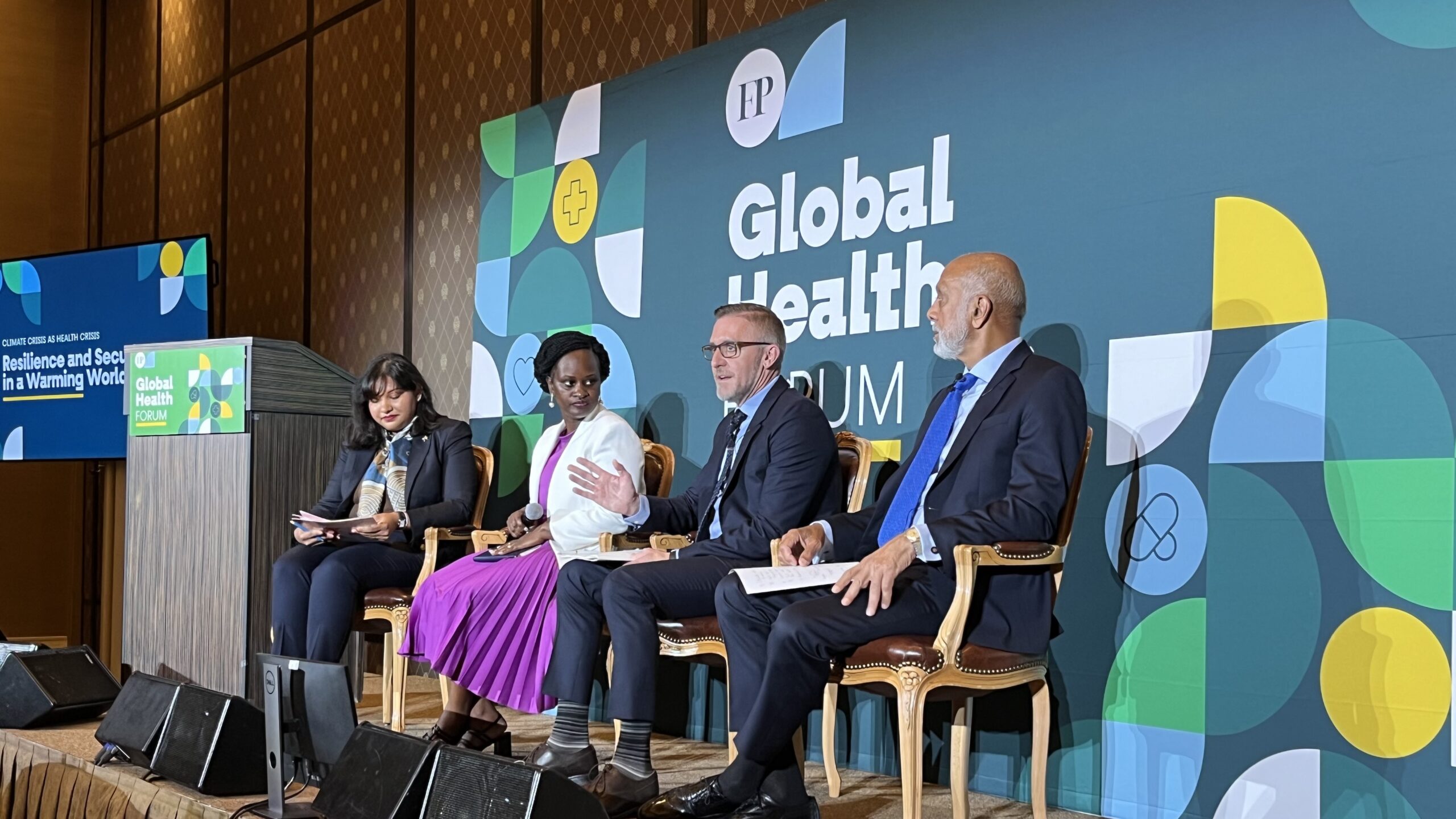
Dr. Vanessa Kerry’s Keynote Address at the COP28 Reaching the Last Mile Forum
Our CEO delivered a powerful call to action on the historic Day of Health at COP28
Dr. Vanessa Kerry
December 3, 2023
REMARKS AS PREPARED
Your excellencies, ladies and gentlemen, colleagues, and friends,
It is an honor to open the Reaching the Last Mile Forum on this historic, first-ever day dedicated to health at a COP conference.
Because the climate crisis is a health crisis. And it’s killing us.
The events of this year, which is set to be the hottest on record, have brought this painful truth into sharp focus: wildfires in the U.S., Canada, and Europe. Record breaking temperatures around the world, drought in the Horn of Africa, flooding in Libya.
Each climate-driven event has left devastation, death, and a long-tail of health complications in its wake.
And so the time for challenging our leaders, the time for challenging the status quo, the time for bold and decisive action by every single one of us in this room – is now.
Already, up to 3.3 billion people in our world are highly vulnerable to the effects of climate change. The World Health Organization estimates that one in four of the world’s deaths are from preventable environmental causes – and climate change is further exacerbating these risks.
A study was released just two days ago that shows that more than 8 million people a year die from air pollution. More than in the entire pandemic. One person dies every four seconds. So by the time I finish this sentence, another person will have died. And 61 percent of those deaths are directly attributable to fossil fuels.
And over the next decade, we will see an acceleration of preventable deaths and increased morbidity for millions of people suffering as a result of the climate’s amplification of non-communicable disease, vector-borne disease, maternal and neonatal emergencies, and mental health challenges.
For example, Pakistan had achieved the near elimination of malaria in some provinces, but saw a four-fold increase to more than 1.6 million cases after the 2022 floods, including in those provinces where it had almost been eliminated. And in Malawi, the worst cholera outbreak in the country’s history was caused by severe storms brought on by climate change.
The health impacts of climate change destroy livelihoods and threaten our individual and collective security. And these challenges most frequently affect those already vulnerable – accelerating pre-existing inequities and driving even further gaps in people’s ability to access needed resources.
To put a finer point on what this means, in Kenya, a severe drought has left millions of people without access to food and water. Women and girls now have to walk farther and farther away from home to get water for their families, and are being sexually assaulted at increasingly higher rates because of this exposure.
So climate change not only directly hurts our health, it also causes a ripple effect of other health impacts, like the example I just shared from Kenya.
In truth, we do not truly have a complete understanding of the changes we are facing. They are happening faster and more severely than we thought and the data is telling a new and harsher story every day.
Decades of inaction have led us to this moment. Rising greenhouse gas emissions are accelerating changes in our environment, and harming our global biodiversity and health.
We are failing to meet the Paris Agreement goals to limit warming to 1.5 degrees Celsius – current estimates suggest we are more likely to hit 2.4 to 2.9 degrees – unleashing untold suffering.
Yet as a colleague recently said to me, we should not be tracking our progress on climate change in degrees Celsius curtailed, but in lives saved.
So what is the solution? We can and must make different decisions.
We first must accept that there is no other way forward than to phase out our reliance on fossil fuels. Mitigation and reduction of greenhouse gas emissions is no longer a choice.
Importantly, measures to reduce emissions can produce major health benefits too, including lessening air pollution, reducing lung disease and cardiovascular events, and improving mental health.
So there is hope. A lot. We actually know a considerable amount of what to do.
But the world we want to live in will require all of us to engage.
We must meet this crucial moment with a new architecture – one vested in our collective well-being and one that prioritizes people and health equity.
First, we must embrace the fact that good human health is the fundamental building block to every aspect of a flourishing society. Without robust and expansive physical and mental well-being, individuals, communities, and countries cannot grow their economies or gain long-term security and political stability.
Second, we must take an approach centered on health system strengthening – long-term financing, strong governance, management and leadership, updated infrastructure, reliable supply chains, and a fit-for-purpose skilled workforce to deliver care – this is the best adaptation investment to address the inevitability of climate change.
Third, we need to accept that investments in strengthening a health system are savings, not costs. If we fail to make these investments, we will end up paying more in lost productivity or reactionary funding when health emergencies strike.
Studies show the economic return of every dollar invested in health is at least $4. Focusing on prevention and the adoption of known healthcare interventions could increase the GDP of lower-income countries by $4.4 trillion by 2040. As these investments lead to better health, they grow economies, create jobs, and foster social inclusion and gender equity, as women comprise around 70 percent of the health workforce.
And finally, we must invest more ambitiously – with flexible funding that is context sensitive, in line with local priorities, equity-focused, and with longer time horizons. Health system strengthening takes time. Training a necessary workforce, building infrastructure, developing reliable supply chains, and cultivating good governance have never occurred in a two-year funding cycle, let alone a five-year one.
Today we are standing on a precipice that will determine the future of our survival. At the crux of the climate and health nexus is a choice about whether we are willing to change the status quo.
I would like to end by challenging all of us in this room – and everyone listening on the livestream – to insist on taking the ambitious, comprehensive, long-term, and equitable path – the only route that offers the possibility of leading all of us to a more just and hospitable world and one that is well within our grasp.
Thank you.

